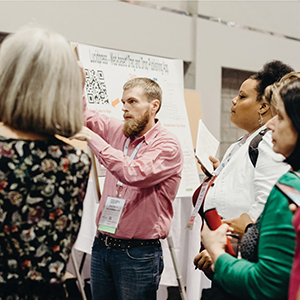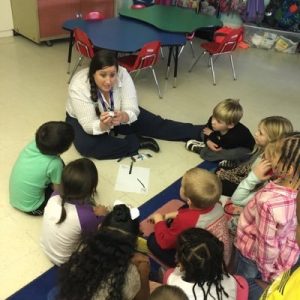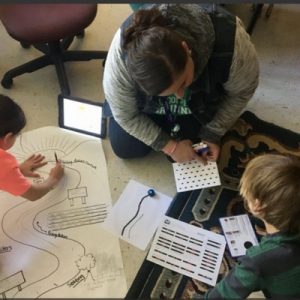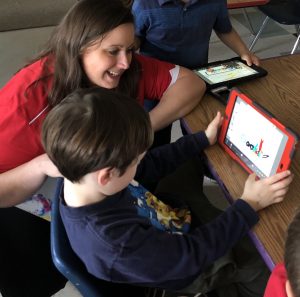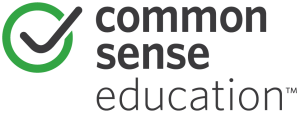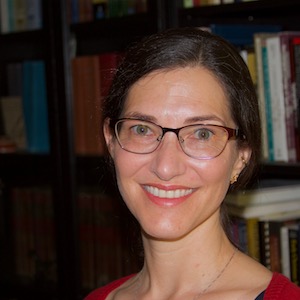 Bea Leiderman
Bea Leiderman
Upper School Technology Specialist
The Steward School, Richmond, Virginia
Educational Leadership
For the past twelve years, I have worked with teachers in Goochland County at multiple stages of technology adoption, from labs, to computer carts, to a K-12 1:1 deployment. My expertise is in helping teachers lead their students through technology-rich projects. I provide support for teachers that increases their level of comfort with technology and provides opportunities for students to demonstrate their learning in their own voice.
Vision for VSTE
My vision is to work with VSTE leaders and members to make the organization more diverse and inclusive, not just in its membership, but also in its PD offerings and advocacy goals.
Biographical Sketch
I started my career in education as a Spanish teacher, and have been an instructional technology coach for the past twelve years. I am an avid nature photographer, focusing mostly on insects and fungi. I have published six books created using my own photographs, and I use this hobby to explore how learning happens when aided by technology and a community of peers and experts.

